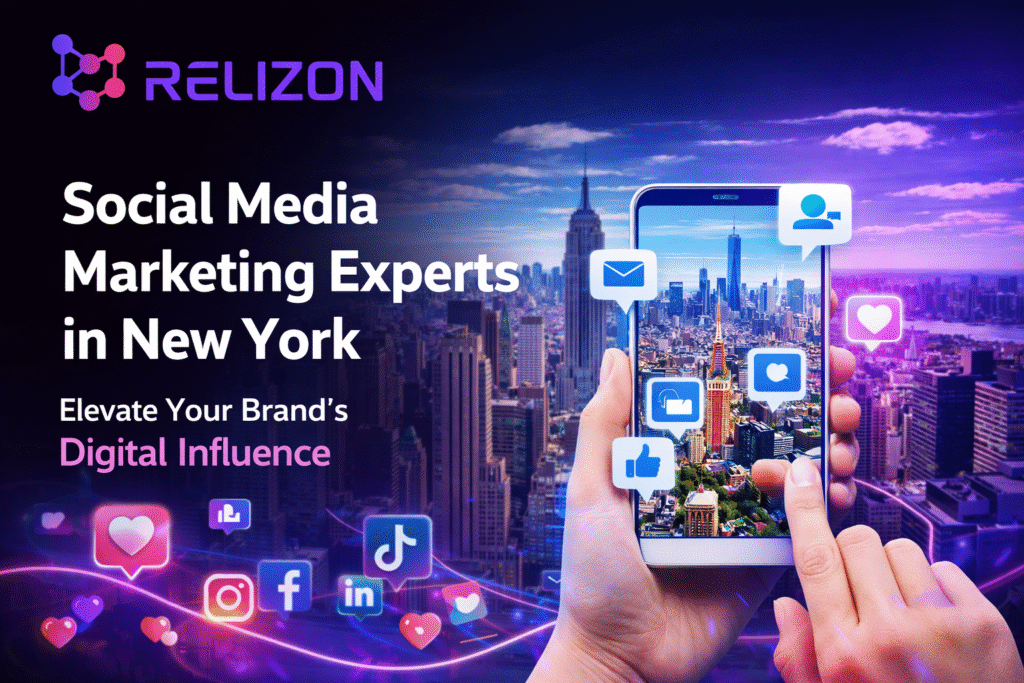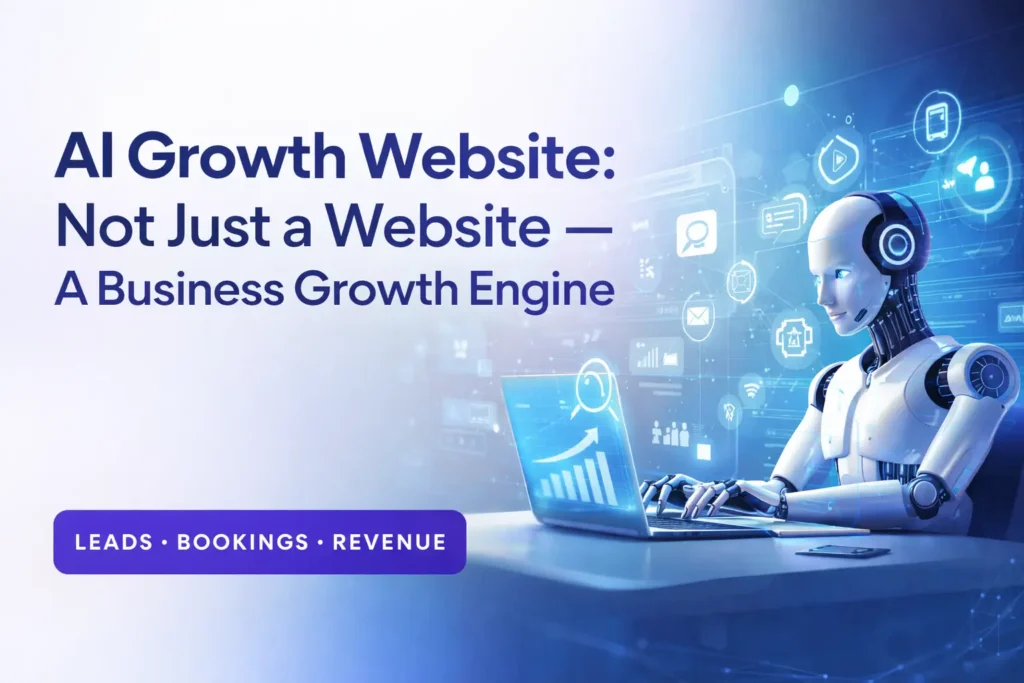1. Introduction
Artificial Intelligence (AI) has emerged as one of the most revolutionary technologies of the modern age, impacting nearly every facet of society. From healthcare to agriculture, AI has transformed industries, introduced innovative solutions, and redefined the way businesses operate. This article explores the numerous benefits AI offers across sectors and examines its potential for the future.
2. AI in Healthcare
AI is poised to make a profound impact in healthcare, enabling more efficient processes, improved diagnoses, and better patient outcomes. Technologies like AI-powered imaging analysis are already assisting doctors in detecting conditions such as cancer and heart disease more accurately than ever before. Furthermore, AI is enhancing medical research by analyzing vast amounts of data to uncover new treatments and therapies for previously untreatable diseases.
AI tools also assist healthcare professionals by automating routine administrative tasks, such as transcription and record-keeping. This allows doctors and nurses to spend more time focusing on patient care. Additionally, AI’s ability to predict disease outbreaks or complications based on patterns in health data aids in proactive management, enhancing the overall healthcare system’s responsiveness. For further insights into the growing role of AI in healthcare, check out The Role of AI in Healthcare: Opportunities and Challenges.
3. Economic Growth and Efficiency
Far from eliminating jobs, AI is creating new opportunities and significantly boosting productivity across industries. A report estimates that AI could contribute $15.7 trillion to the global economy by 2030. From enhancing supply chain management to revolutionizing manufacturing processes, AI improves operational efficiency by automating tasks and optimizing resource allocation. Moreover, it aids decision-making by analyzing large datasets and identifying actionable insights, which allows businesses to streamline operations and make informed choices quickly. For more on AI-driven growth and digital marketing, check out Unlocking Growth with AI-Powered Digital Marketing.

4. AI’s Role in Environmental Sustainability
AI is not only driving economic growth but also playing a crucial role in tac]kling climate change and promoting sustainability. Through machine learning and predictive analytics, AI can help mitigate the effects of climate change by optimizing energy usage, improving the efficiency of renewable energy sources, and reducing carbon footprints . For instance, AI systems can predict energy demand patterns, enabling smarter energy grid management, and they can also be used to detect environmental hazards in real-time, promoting quicker responses to environmental disasters.
5. Advancements in Transportation
AI is reshaping the transportation sector, with the development of self-driving cars being one of the most exciting advancements. AI-driven vehicles, equipped with computer vision and sensor systems, can safely navigate roads, reduce accidents, and ease traffic congestion. Moreover, AI systems optimize traffic management and public transport systems, improving travel times and reducing fuel consumption. The growing integration of AI in transportation will undoubtedly lead to safer, more efficient, and more environmentally friendly travel.
6. Enhanced Customer Service
Customer service is another area where AI is making a significant impact. AI-driven chatbots and virtual assistants have revolutionized customer interactions by providing instant, 24/7 support. These AI tools can handle basic inquiries, process transactions, and offer personalized recommendations based on customer preferences, leading to higher customer satisfaction. Furthermore, AI can analyze customer data to anticipate needs and create tailored experiences, making businesses more responsive to consumer demands. Businesses can also explore how AI can enhance marketing and customer service further through tools like the Free AI Writing Generator.
7. Scientific Discovery and Innovation
AI’s ability to process vast datasets and recognize patterns has accelerated scientific research and discovery. In various fields, such as pharmaceuticals, AI models help predict the effectiveness of new drugs, identify potential therapeutic targets, and speed up clinical trials. AI is also transforming other areas of science, including physics and environmental science, by enabling researchers to simulate complex phenomena and test hypotheses in ways that were previously impossible.
8. AI in Agriculture and Financial Services
In agriculture, AI is improving crop yields by analyzing environmental data and suggesting optimal planting and harvesting strategies. AI systems also help monitor plant health, detect pests, and optimize irrigation, reducing the need for chemicals and conserving water resources. Similarly, in the financial sector, AI is transforming the way institutions detect fraud, assess credit risk, and make investment decisions. AI-powered tools analyze market trends and financial data at a speed and accuracy that humans simply cannot match, leading to smarter financial planning and risk management.
9. Improved Cybersecurity
With the increasing frequency and sophistication of cyber threats, AI has become indispensable in the field of cybersecurity. AI systems can detect abnormal patterns of behavior within networks, identifying potential security breaches before they occur. Furthermore, AI can help companies automatically respond to threats in real-time, minimizing damage and protecting sensitive data. This proactive approach to cybersecurity is crucial in an era where data privacy and security are of paramount importance.
10. Ethical Considerations and Future of AI
While AI offers immense benefits, it also raises ethical concerns that must be addressed. The reliance on data for training AI systems means that biases in data can result in biased AI decision-making, leading to unfair or discriminatory outcomes. Moreover, there is the question of job displacement, with AI systems potentially replacing human workers in certain tasks. Ensuring that AI is used responsibly, with proper oversight and regulation, is essential for maximizing its benefits while minimizing potential harm.
Looking to the future, AI will continue to evolve and integrate into every aspect of our lives. The next wave of AI developments is likely to include more advanced forms of multimodal AI, which can interpret not just text but images, videos, and even sound. As AI becomes more integrated into business and daily life, it will be crucial for organizations and individuals to stay informed and adapt to these rapid changes.
Conclusion
Artificial intelligence is not just a trend but a transformative force that is reshaping the world as we know it. From enhancing healthcare to boosting economic productivity, AI’s potential is vast and varied. As we continue to harness its capabilities, it is essential to remain mindful of its ethical implications to ensure that AI remains a force for good, driving innovation and improving the quality of life across the globe. At Relizon AI, we are committed to leveraging the latest AI technologies to create smarter, more efficient solutions that benefit industries worldwide. For further insights into tracking and improving your business’s AI-driven strategies, visit Organic Search Impressions: How to Track & Improve.






Responses